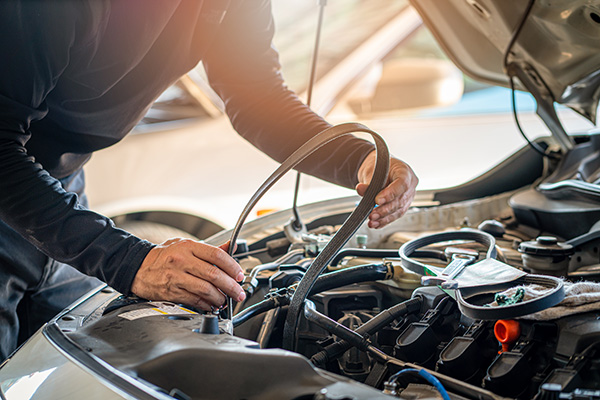
Few components are as critical to maintaining your vehicle's engine as the timing belt. Despite its small size, the timing belt plays a vital role in synchronizing the rotation of the engine's camshaft and crankshaft. In this article, we'll explore why timely timing belt replacement is the key to your vehicle's health and longevity.
The Function of Timing Belts
Timing belts ensure that the valves in your engine open and close at the precise moment required for optimal performance. By synchronizing the rotation of the camshaft and crankshaft, the timing belt enables the engine's valves to open and close in perfect harmony with the movement of the pistons. This synchronization is crucial for preventing valve and piston interference, which can result in catastrophic engine damage if left unchecked.
The Risks of Delayed Timing Belt Replacement
Engine Damage
One of the most significant risks associated with delaying timing belt replacement is the potential for engine damage. Over time, timing belts can become worn, brittle, or stretched, increasing the likelihood of failure. If the timing belt snaps while the engine is running, it can cause the pistons and valves to collide, leading to bent valves, damaged pistons, and, in severe cases, complete engine failure.
Costly Repairs
Ignoring timing belt replacement intervals can also result in costly repairs. In addition to the expense of replacing the timing belt itself, engine damage caused by a failed timing belt can necessitate extensive repairs or even engine replacement. By proactively replacing the timing belt according to the manufacturer's recommended schedule, you can avoid these costly repairs and ensure the continued reliability of your vehicle.
Signs That Your Timing Belt Needs Replacement
Audible Noise
A worn or failing timing belt may produce a noticeable whining or screeching noise, particularly when the engine is running. This noise is often caused by the belt slipping or rubbing against other engine components, indicating that it may be time for replacement.
Visible Wear
Inspecting the timing belt for visible signs of wear or damage can also help determine if replacement is necessary. Look for cracks, fraying, or missing teeth on the belt and signs of oil contamination, which can weaken the belt and lead to premature failure.
Engine Performance Issues
A failing timing belt can cause various engine performance issues, including rough idling, misfires, and difficulty starting the engine. If you notice any of these symptoms, a qualified technician must inspect your timing belt to determine if replacement is needed.
Ready to ensure your vehicle's timing belt is in top condition? Schedule your timing belt replacement at Loyola Marina Auto Care today for expert service you can trust.